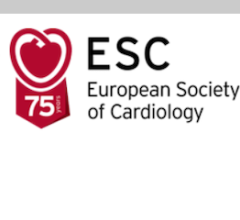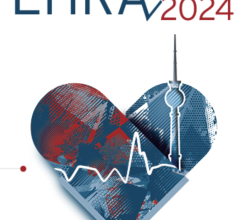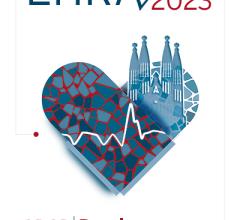
June 30, 2025 — A new ESC Clinical Consensus Statement published in the European Heart Journal discusses the key role of vaccination in preventing cardiovascular events following various viral and bacterial infections.1
“We have known for many years that influenza can increase the risk of major adverse cardiovascular events such as heart attacks and can exacerbate heart failure,” said Professor Thomas F. Lüscher, ESC President and senior author of the ESC Clinical Consensus Statement. “More recently, evidence suggests that other respiratory infections are also associated with increased cardiovascular morbidity and mortality. The new publication describes how vaccinations not only prevent infections but also reduce the risk of cardiovascular events, particularly in susceptible individuals.”
The ESC Clinical Consensus Statement describes data on the risk of cardiovascular complications following infections such as pneumococcal pneumonia, influenza, SARS-CoV-2 and respiratory syncytial virus, among others, and describes the inflammatory mechanisms that may be responsible. Evidence is then summarised for the beneficial effects of vaccines in reducing cardiovascular events following various viral and bacterial infections, particularly in at-risk patient groups. Clinical practice guidelines from the ESC and from the American College of Cardiology (ACC)/American Heart Association (AHA) are presented, which advocate for vaccination against influenza and other widespread infections in patients with chronic coronary syndromes (including coronary artery disease) and in those with heart failure.
Serious adverse reactions to vaccinations are very rare. The consensus statement also discusses the risks of cardiovascular adverse events after vaccination, such as myocarditis, and describes appropriate management strategies. Then follows advice on which vaccines should be given to patients with cardiovascular diseases and how often. Vaccination of pregnant women and other vulnerable patient groups, such as those with congenital heart disease and heart transplantation, is considered.
Professor Lüscher concluded: “Prevention is crucial for reducing the considerable burden of cardiovascular disease. The totality of the evidence indicates that vaccinations should become a foundational pillar of preventive strategies alongside other established measures.”
References and notes:
1Heidecker B, Libby P, Vassiliou VS, et al. Vaccination as a new form of cardiovascular prevention: an ESC Clinical Consensus Statement. Eur Heart J. 2025. doi: 10.1093/eurheartj/ehaf384. https://academic.oup.com/eurheartj/article-lookup/doi/10.1093/eurheartj/ehaf384
The ESC Clinical Consensus Statement was created with the European Association of Preventive Cardiology (EAPC), the Association for Acute CardioVascular Care (ACVC) and the Heart Failure Association (HFA) of the ESC.


 August 29, 2025
August 29, 2025 









